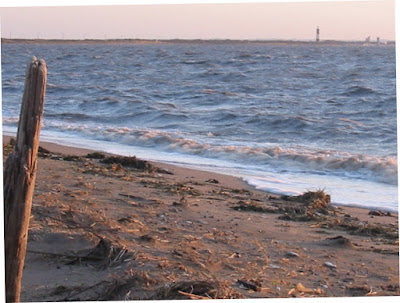
In response to John Roberts’ article about ‘supersize’ schools (Dec, Yorkshire Post), I should like to make one or two observations.
I do not think children’s experience of school is dependent on the size of the school per se, although I agree that children respond well to ‘being known’ - which is usually easier to achieve in a smaller institution . Whether a school is successful is dependent, in my experience (as a former teacher, parent and former officer in local education authorities), on the quality of relationships both within the school and between the school and the community.
I have just spent a morning as a guest at Kingswood, a secondary school in Hull, with Year seven. The children couldn’t have been better behaved or more engaged and thoughtful. I was very impressed. What I noticed was the mutual respect and good humour which was evident between staff and students, and the politeness and good listening skills of the students. In addition to a high respect factor, I understand that Year 7 is organised in such a way that students do more discussion and project work than is usual in secondary schools, and I suspect that this allows for a more relaxed and student-led approach to learning than the usual dominance of ‘subjects’.
When students (of any age) are allowed to learn about things which interest them, and at their own pace, they learn faster and more effectively. This is why we need to remove from our schools the frenetic drive for pressure to ‘perform.’ The well-known struggle to reach state-imposed subject ‘targets’ often becomes a barrier preventing staff and students from acknowledging and respecting each other as people. The school scenario becomes dominated by stress and competition with many falling behind in the race and feeling disaffected and disgruntled.
Many children come to school with huge personal issues which are rarely addressed due to the time pressure created by ‘state’ obligations. A Green education, on the other hand, would be child-centred, firmly based in the community but also looking outwards to the rest of the world, and founded on respect for each individual and his or her unique contribution.
Shan Oakes
Shan@voice-international.net

